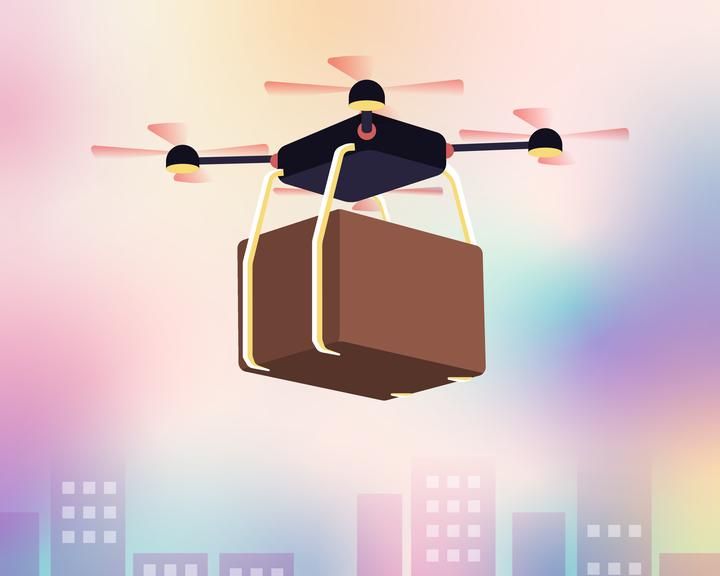Plan and Goal Reasoning for Explainable Autonomous Robots
Robots are rapidly emerging in society and will soon enter our homes to collaborate and help us in daily life. Robots that provide social and physical assistance have huge potential to benefit society, especially for those who are frail and dependent. This was evident during the Covid-19 outbreak, where assistive robots could aid in the care of older adults at risk, in accessing contaminated areas, and providing social assistance to people in isolation.
However, for these robots to be useful they need to be autonomous and robust, to be operated by non-expert users like any other household appliance. As such, autonomy requires robots to be able to reason about the task they are performing. This implies knowledge of their capabilities, being able to reason about their goals, and deciding which can or cannot be achieved. In addition, they need to examine if the plan to be executed is applicable and modify it accordingly, while considering potential future issues. Finally, as they are acting in a human environment they need to communicate and explain these reasons to a human user.
This project will build upon the work done in the widely used ROSPlan framework (developed at KCL) and take inspiration from works carried out in the context of Goal Reasoning, Plan Repair, Continual Planning, and Explainable AI. These works have traditionally focused on non-robotic systems or space/underwater autonomous robots. However, in this project the focus is on assistive and service robotics with the presence of humans. This poses new challenges that have yet to be tackled, given that humans may either help or disturb the robot, and the algorithms driving the robot’s autonomy must be able to handle this to work with humans and get along with them.



